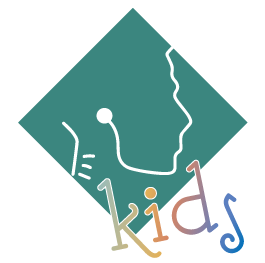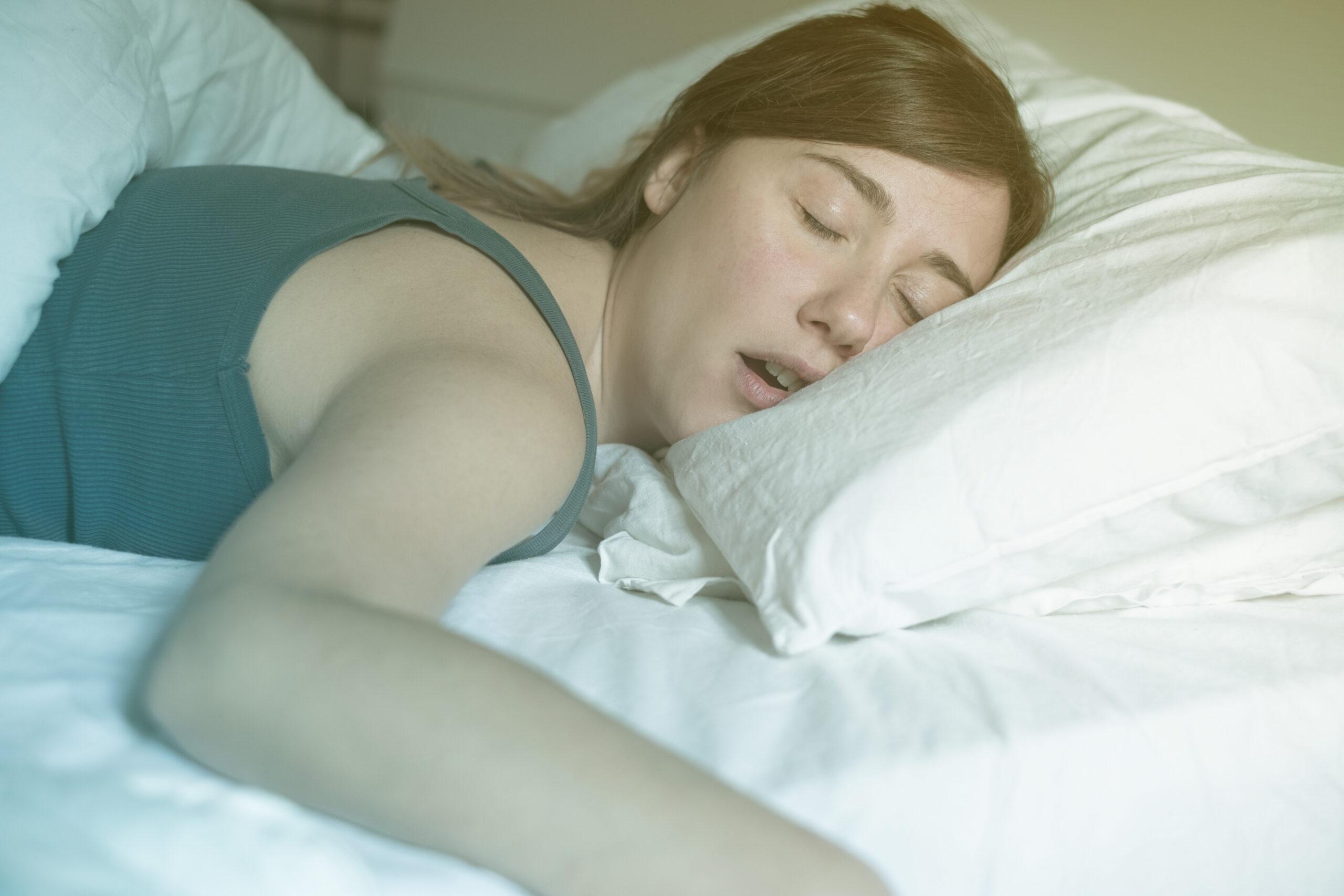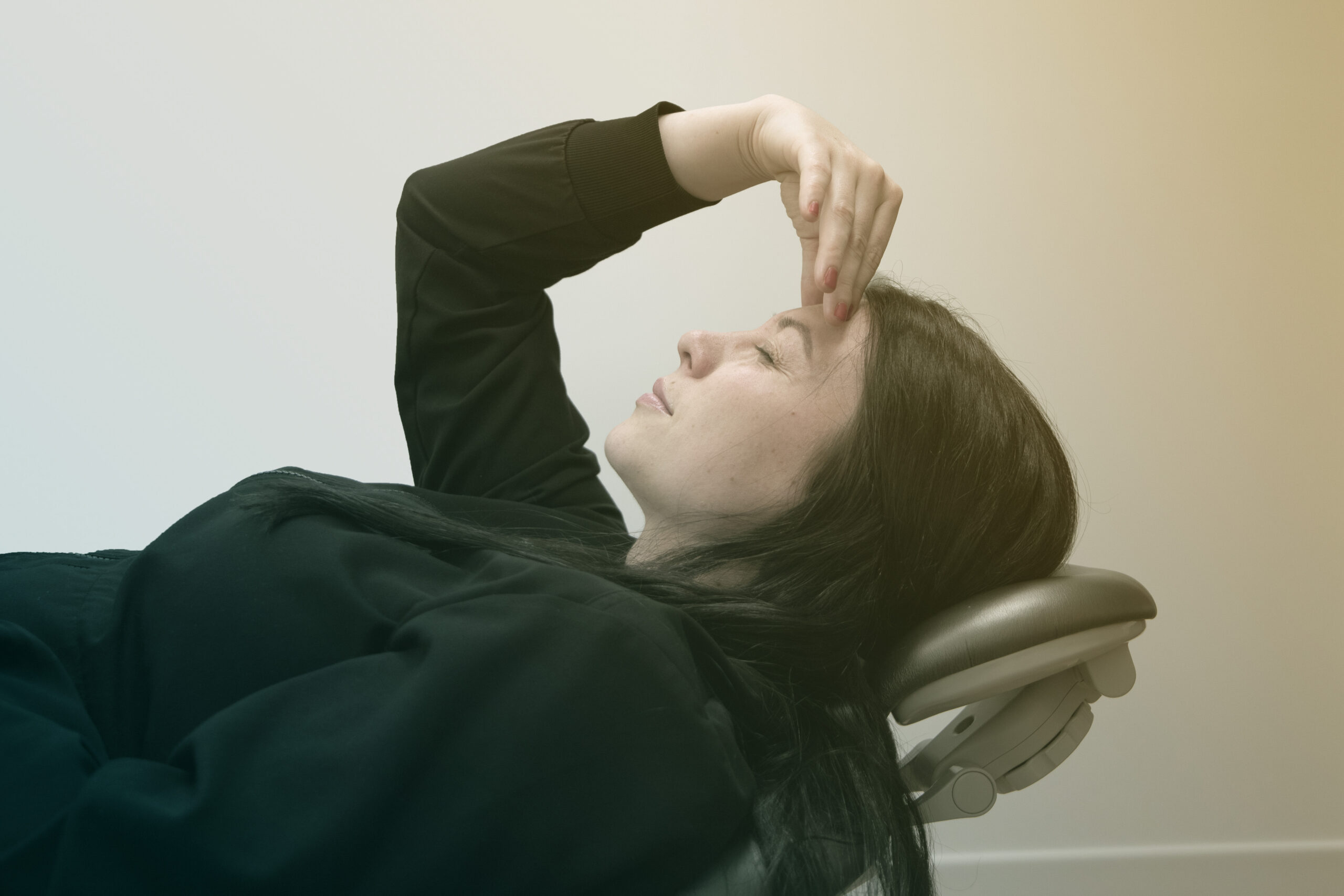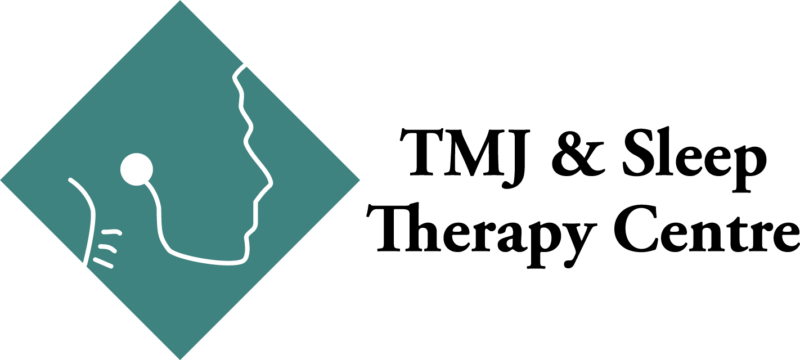 Pediatrics + Sleep
Pediatrics + Sleep
Pediatric Sleep Issues: Causes, Symptoms, and Treatment Options
Pediatric neurological disorders and chronic diseases are on the rise. Sadly, over 50% of children have a “chronic disease” compared to less than 10% only two generations before. Proper sleep is paramount for health. If your child is exhibiting any of the signs or symptoms below, we may be able to help. Dr. Sahar works closely with your pediatric team to help develop a plan to maximize your child’s quality of sleep for optimal health.
Contrary to popular belief, it is not normal for a child to grind their teeth or snore. This is a sign that your child has a sleep disorder that warrants evaluation. Children DO NOT “grow out” of the grinding despite what most dentists tell you. Our doctors were taught the same in school but their advanced training with sleep physicians taught them the truth behind this sleep related movement disorder. The grinding and the snoring are alarms telling you something is going on and should be evaluated.

Sleep Disorders
The term “Sleep Related Breathing Disorders” encompasses snoring, obstructive sleep apnea, and upper airway resistance syndrome. All these negatively impact a child’s overall health. If these disorders are left untreated, we can witness:
- Delayed development
- Impaired intelligence
- Dysfunction of the nervous system
- Memory loss and depression
- Weight gain and obesity
Sleep Related Breathing Disorders can also result in behavioral issues related to:
- Decreased performance/learning problems in school
- Hyperactivity
- Aggressiveness
- Social isolation, withdrawal
Monitoring Your Child
- Does your child wake in the morning in the same position they went to sleep in?
- In the morning, are your child’s bed sheets nicely placed or strewn all about the bed?
- Does your child have dark circles under their eyes?
- Does your child seem inattentive?
- Does your child grind their teeth at night?
Dr. Klauer often encourages patients to read this article for a dental perspective on pediatric sleep-disordered breathing and this article about the behavioral outcomes pediatrics experience with this condition. To learn more about how proper treatment of OSA (Obstructive Sleep Apnea) in children can impact your family, contact us.
Symptoms Include
- Tooth grinding
- Mouth breathing
- Restlessness during sleep
- Sleeping in odd positions
- Periods of not breathing
- Night terrors
- Recurrent ear infections
- Night sweats
- Mood changes
- Poor concentration
- Bedwetting
- Headaches
- Frequent infections
Take Our Questionnaire
Diagnosis
A comprehensive exam is essential in determining the origin of the TMD/facial pain. Our team routinely treats adults who have had problems since childhood and makes it a mission to help ensure these children aren’t future patients.
Treatment
The good news is that tooth grinding in children can be managed and sometimes cured or prevented. Because children are still growing, their structure can be directed for optimal developmental orthopedically.
TMD/Head & Facial Pain
Among the most notable signs of TMJ/TMD dysfunction in children is bruxism, or tooth grinding. This is not normal and is classified as a sleep disorder. Contrary to popular thought, children do not grow out of this condition. It is a hallmark of OSA and can indicate a lifetime of TMD and orthopedic development problems ahead.
Symptoms
The most common symptoms of TMD/Facial pain in children are:
-
- Morning headaches
-
- Facial pain
-
- Tooth grinding
-
- Audible gnashing of the teeth at night
-
- Limited movement of mouth
-
- Needing over-the-counter medications for head/face pain
-
- Shortened/fractured baby teeth
Symptoms Include
Explore More Symptoms + Conditions

Mouth Breathing
Understanding Mouth Breathing: Causes, Symptoms, and Effective Solutions Mouth breathing is not a bad habit but a compensation for survival. As humans, we are supposed to breathe through our noses so we can warm, moisten, and filter the air before […]
Learn More
Tongue and Lip-Tied
Is your child tongue-tied? “Tongue-tied” is the common name for ankyloglossia — when the lingual frenum (the thin piece of skin under your tongue that connects it to the bottom of your mouth) is too short or too far forward. […]
Learn More
Facial Pain + Headaches
Are they affecting your quality of life? TMD, headaches, and facial pain are life-altering conditions that can severely impact your quality of life. Over 10 million people in the US suffer from TMJ-related issues. We are learning that most of […]
Learn More
Snoring + Sleep Apnea
The two most common sleep disorders are insomnia and obstructive sleep apnea (OSA). Insomnia is the inability to fall asleep or the drive to stay awake. OSA is a cessation or slowed breathing at night that causes repeated awakening unknown […]
Learn More